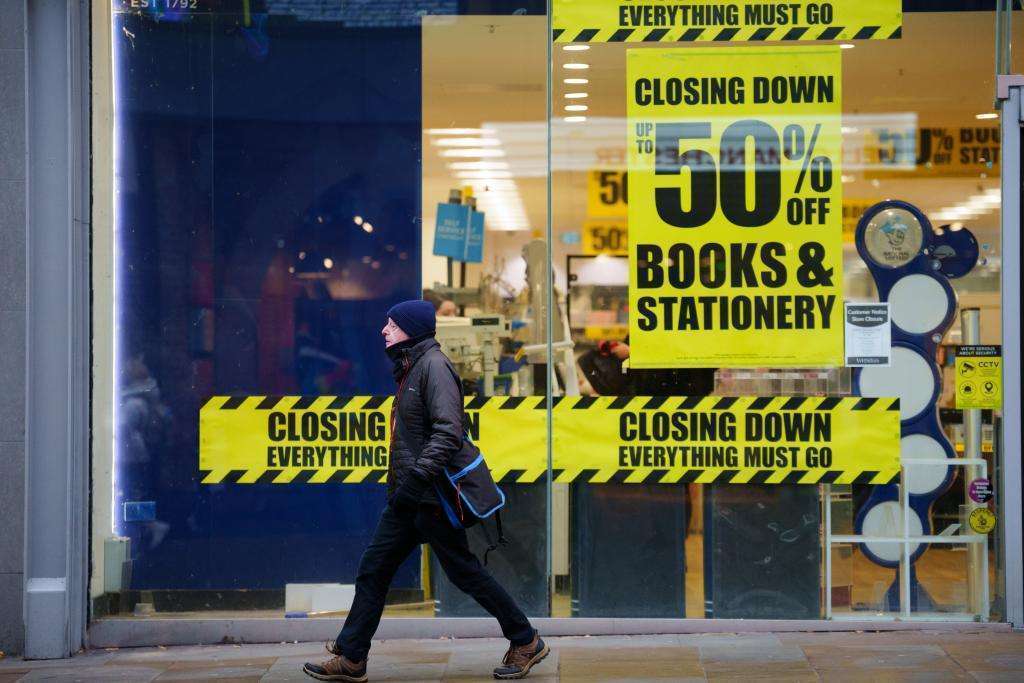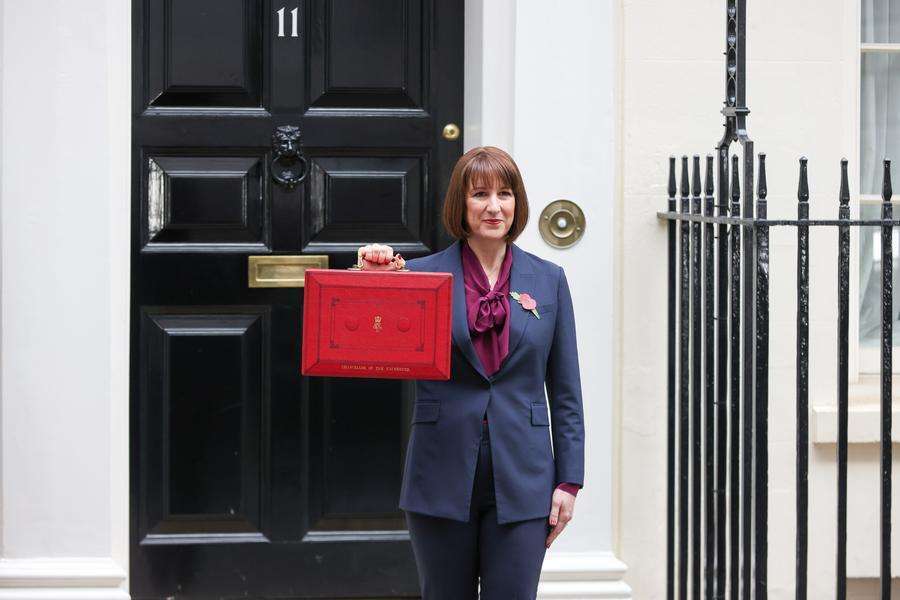LONDON, Oct 31 - The British government on Wednesday unveiled its long-awaited budget aimed at injecting more certainty into the country's economy through increased borrowing and one of the biggest tax rises in five decades.
Market reactions were mixed: the UK's FTSE 250 index focused on domestic markets after the speech by Chancellor of the Exchequer Rachel Reeves (pictured) first increased by 1 %, then its value leveled off. Meanwhile, the yield on the 10-year gold bond hit a high of 4.362 %, suggesting concerns about government debt and spending, although some economists suggest global interest rates may have a greater impact on growth than domestic policy.
Giles Wilkes, a senior fellow at the Institute for Government, noted that the reaction was relatively mild compared to the market chaos in 2022 caused by then-Prime Minister Liz Truss's mini-budget that eventually forced her to resign. "This time there is nothing that would cause the markets to veto the government's plans," He said.
Higher taxes
In her speech, Reeves highlighted the government's commitment to increase tax revenues by £40 billion ($51.8 billion), with a focus on wealthier households.
From April 2025, employer contributions to National Insurance will increase by 1.2 percentage points to 15 %, while the salary threshold for contributions will be reduced from £9,100 ($11,785) to £5,000 ($7,475), raising an additional £25 billion ($32.4 billion) by 2029-2030.
"While it may initially impact businesses, economists agree that it could ultimately impact employee wages as employers absorb the higher tax burden," said Xinhua academic economist from Liverpool John Moores University Steve Nolan.
In addition, the budget abolishes the tax regime for non-residents in favour of a residence-based system. The capital gains tax rates will increase from 10 % to 18 % for the lower rate and from 20 % to 24 % for the higher rate, while the rates for residential property will remain unchanged. The freeze on inheritance tax thresholds has been extended to 2030, with additional revenue of over £2 billion ($2.6 billion) expected.

Long-term vision
Reeves emphasised Labour's aim of achieving sustainable growth and adhering to the 'stability rule', which aims for a balanced budget by 2029-2030. The Office for Budget Responsibility (OBR) has said the fiscal plan is likely to meet these targets and projects budget surpluses from 2027-2028.
In its Economic and Fiscal Outlook for October 2024, the OBR estimated that around half of this spending will be funded through tax increases, bringing tax revenues to a record 38 % of GDP, while the remainder will require £32 billion ($41.4 billion) of additional annual borrowing. Although this fiscal approach is expected to boost GDP growth, with 2 % projected for 2025, it may constrain private sector growth in the medium term.
"The government faces a delicate task," Nolan said. "Growth projections show a temporary increase in GDP, but from 2028 it will settle at a moderate average growth of 1.5 %, far below the 2.5 % needed to improve living standards."
As Reeves said in an interview after the budget was passed: "This is not the height of my ambition." With a long-term fiscal strategy now in place, the government's ability to meet economic challenges and maintain public trust and confidence will be closely monitored over the next five years or more.
Xinhua/ gnews - RoZ
PHOTO - Xinhua/Jon Super



